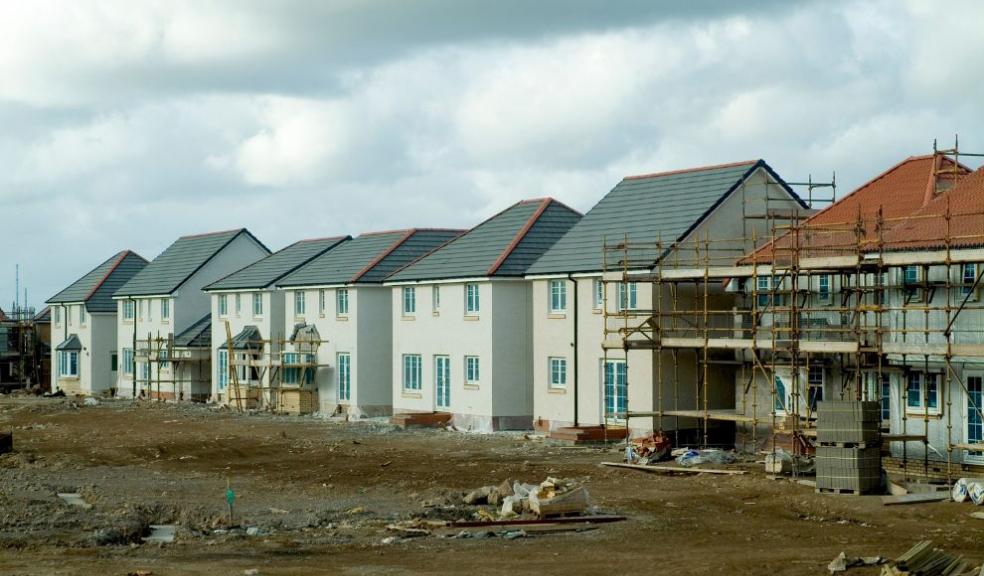
Jargon busting the new-build homebuying process
Warwick Estates has created a jargon-busting guide to the complex and often confusing vocabulary and language used when marketing and selling new-build homes in the hope of giving buyers more confidence and knowledge while navigating their purchase.
While there are some pieces of new-build jargon that most people will be aware of and understand, such as Showhouse and Freehold/Leasehold, there are others that are less familiar albeit no less important. Understanding their meaning will make the process of buying a new-build home much easier and less stressful.
Off-plan
If you’re buying off-plan, it means you’re buying a new-build home that has not yet been built, so you’re literally buying it based on the plans and blueprints alone. You will usually be shown a show house so you have a good idea of what your property will eventually look like.
Reservation fee
To secure a new-build home, even off-plan, you have to pay a reservation fee so that nobody else can buy it while you get your finances in order to pay the deposit. This fee will be paid back to you when you pay your deposit.
Deposit
Just like with any house purchase, the deposit is how much money you have to pay at the point of exchanging contracts. The rest of the money is then paid through a mortgage.
Schedule of works
Before the building process even starts, you might be able to request a schedule of works from the developer. It will tell you all of the details about the building process, including timelines and who is responsible for each stage.
Anticipate legal completion date (ALCD)
This is the date that the developer anticipates the building will be completely finished.
First fix
Refers to the first stage of construction, usually the structural element of the build before plastering and decoration takes place.
Second fix
Second fix is when all plastering or plaster boarding is complete, appliances have been installed and connected, plumbing is complete, and things like skirting boards, doors, baths, and sinks have been installed.
Shortstop / Longstop date
Two important dates along the new-build timeline. The shortstop date is an estimate of when the developer hopes to finish the build. The longstop date is when the developer must finish the build.
Completion on notice
As a buyer, completion on notice means the building is fully completed and you have ten days to complete your purchase, pay the money you owe (including legal fees), get your keys, and move in.
Defect liability period
When you move in, the developer is liable for any defects or problems with the building for a set period of time. This is called the defect liability period and will be detailed in the smallprint of your contract.
Ground rent (England and Wales only)
If you’re buying the property on a leasehold contract, you will likely have to pay annual ground rent to the freeholder.
Snagging
This is the process of identifying and fixing minor issues with the new-build property, such as poor door hanging, shoddy painting or plastering, and poorly fitted windows. The developer will be liable to fix these issues for a set period of time after purchase.
Aftercare
Some new-build developers offer aftercare which means you can call them for help with any problems you have with the property. Alternatively, the developer will put you in contact with an external aftercare provider. Some developers offer no aftercare at all.









